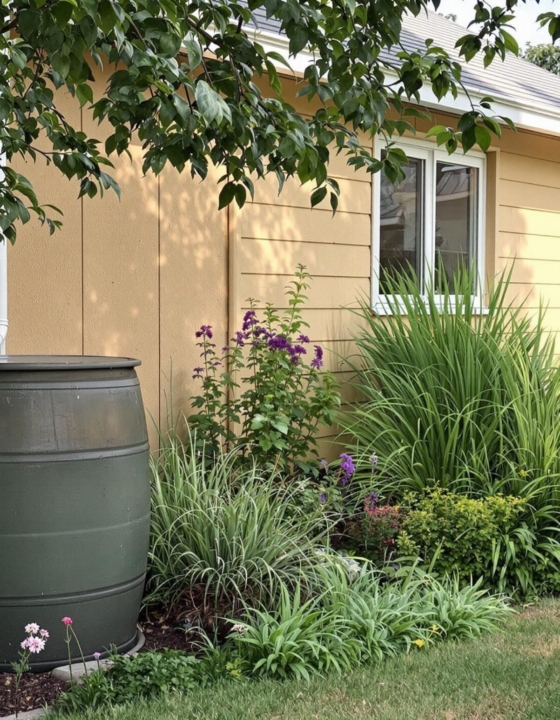Every homeowner’s nightmare is dealing with an infestation of pests. Whether it’s ants marching through the kitchen, rodents seeking shelter in the attic, or termites silently eating away at the structure of your home, pests can cause a range of issues that go beyond just being a nuisance. From health concerns to costly damage, ensuring that your home stays pest-free is essential. Fortunately, with a few preventive measures and habits, you can significantly reduce the risk of an infestation. Here are some essential pest prevention tips for homeowners:

1. Seal Entry Points
One of the most effective ways to keep pests from entering your home is by making it as difficult as possible for them to find an entry point. Regularly inspect the exterior of your house and seal any cracks or gaps in areas like the foundation, walls, windows, and doors. Even the smallest openings can serve as gateways for rodents and insects, so it’s crucial to address every tiny gap.
Start by checking the weather stripping around your windows and doors, as worn-out seals are a common entry point for pests. If your home has vents or chimneys, ensure they’re equipped with screens to prevent larger pests like birds or squirrels from getting inside. Don’t forget to inspect the seals around your attic and basement windows to seal any hidden openings. For homes with metal roofing, using foam closure strips around the edges can provide an additional layer of protection, blocking any gaps where pests may enter. These simple steps can greatly reduce the risk of an infestation.
2. Maintain Cleanliness
A clean home is far less inviting to pests. Crumbs, spills, and clutter are a buffet for many types of insects and rodents. Regularly cleaning your home is one of the most effective ways to prevent an infestation.
In the kitchen, wipe down countertops and sweep the floors daily to ensure food scraps are cleaned up. Store food in airtight containers, especially grains, cereals, and pet food. Pay special attention to areas like under the fridge and stove where crumbs can easily accumulate. Don’t forget to clean behind and underneath appliances, as pests can find shelter and food in these hidden areas.
For areas outside the kitchen, keep your home clutter-free, as piles of clothes, magazines, or old boxes can provide shelter for pests. Vacuum regularly to eliminate dust and debris that can attract insects.
3. Eliminate Standing Water
Water is a vital resource for most pests, and standing water can quickly attract them to your home. Leaky pipes, dripping faucets, and even pet water bowls can provide the moisture insects and rodents need.
Check your home for plumbing issues, such as leaking pipes or faucets, and fix them promptly. Also, make sure your gutters are clear of debris and direct water away from your home’s foundation. Pay attention to areas like basements or crawl spaces, where moisture can build up and attract pests like termites, ants, and mold-feeding insects. By reducing moisture around your home, you’ll make it a less inviting environment for pests.
4. Landscape with Pest Prevention in Mind
Landscaping is another area where pests can thrive if not properly maintained. Overgrown vegetation, thick bushes, and trees that touch your home can create easy access points for pests, as well as provide them with shelter and food sources.
Trim back trees and shrubs regularly so that they don’t touch the exterior of your home. This will not only keep pests from entering, but it can also help prevent damage to your siding and roof. Make sure to clear away any fallen leaves, branches, or other organic debris, as they can attract insects like termites, ants, and roaches.
If you have a garden, avoid using excess mulch around your home’s foundation, as it can hold moisture and attract pests. Instead, opt for a more pest-repellent option like gravel or crushed stone.
5. Store Firewood Properly
If you store firewood near your home, it can easily become a breeding ground for pests like termites, ants, and rodents. These pests often find shelter in the woodpile and can make their way into your home when the weather turns cold.
Store firewood at least 20 feet away from your home, and stack it off the ground to keep it dry. Keeping firewood away from your foundation can significantly reduce the likelihood of pests being drawn to your property.
6. Regular Pest Inspections
Even with the best preventive measures in place, it’s important to have regular pest inspections to catch any early signs of an infestation. This is particularly important for pests that are difficult to spot, like termites or bedbugs, which can cause significant damage before they’re detected.
Schedule an annual inspection with a pest control professional, who can identify any potential issues and offer recommendations to prevent future problems. If you live in an area prone to certain pests, such as termites, having regular inspections can save you money in the long run by preventing damage.
7. Use Natural Pest Repellents
If you prefer a more natural approach to pest control, there are several safe and non-toxic methods you can try. Essential oils like peppermint, lavender, and citronella are known to repel insects like ants, mosquitoes, and spiders. You can create a simple spray by mixing these oils with water and spraying it around entry points or areas where pests are most likely to appear.
Diatomaceous earth is another natural pest deterrent. This fine powder is made from the fossilized remains of tiny aquatic organisms and can be sprinkled in areas where pests are present. It works by dehydrating insects, effectively eliminating them without the need for harsh chemicals.
8. Consider Professional Pest Control
While preventive measures are crucial, sometimes you may need the help of a professional pest control service. If you’ve tried DIY methods and still find signs of pests, or if you have a severe infestation, a pest control expert can assess the situation and provide solutions tailored to your specific needs.
Professional pest control services are equipped with the knowledge, tools, and expertise to handle even the most stubborn infestations. Regular treatments can also help maintain a pest-free environment throughout the year.
In Conclusion
Maintaining a pest-free home doesn’t require drastic measures, but it does require consistent attention and care. By sealing entry points, keeping your home clean, eliminating standing water, and staying proactive, you can significantly reduce the chances of pests taking over. If you find yourself facing an infestation, don’t hesitate to reach out to a professional. With these tips, you can enjoy a safe, pest-free living space for years to come!











What do you think?